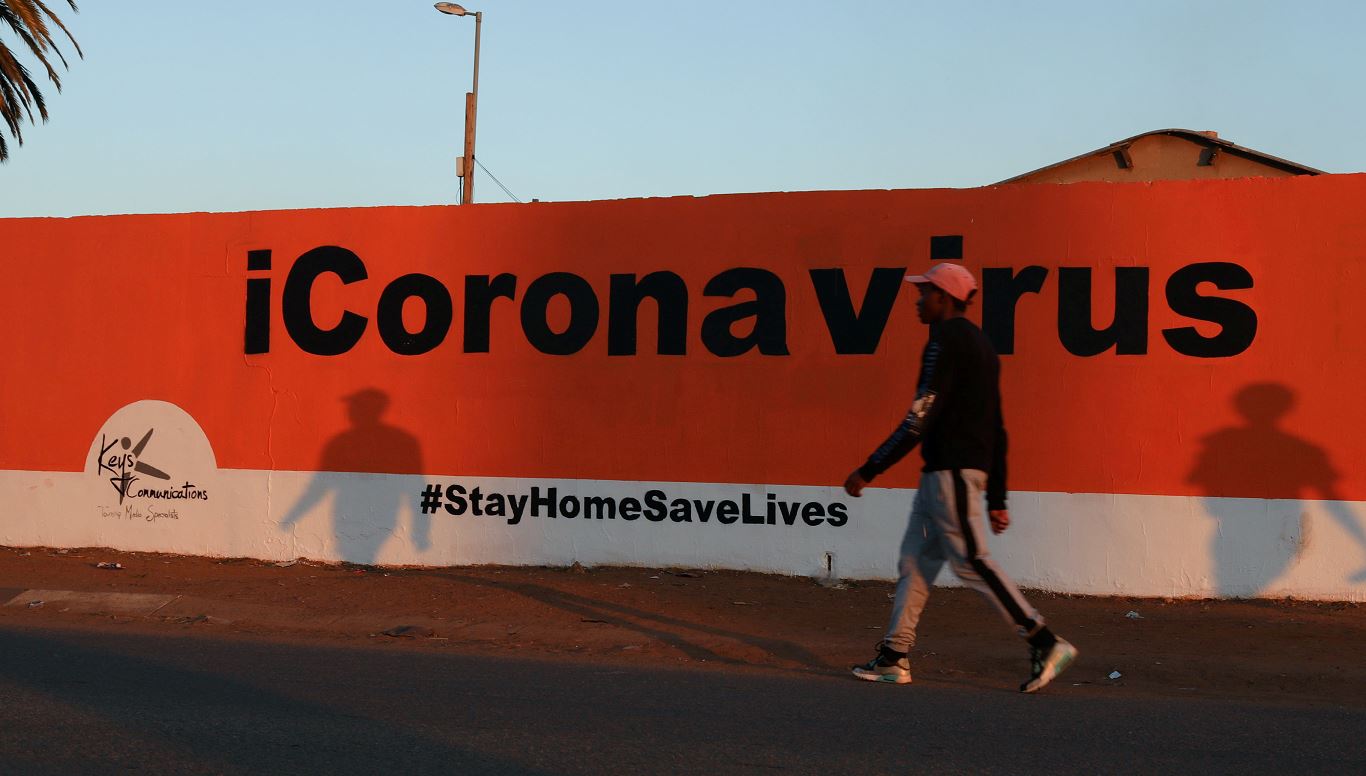
South Africa’s $30 billion COVID-19 relief package exposed to fraud

South Africa’s auditor general said on Wednesday that some of the money in its 500 billion-rand ($30 billion) COVID-19 relief package may have been fraudulently paid to improper beneficiaries.
Reports of suspect deals between government officials and businesses providing medical equipment or food aid parcels to the poor, as well as mismanagement of the disaster fund, have sparked public outrage.
In August, the Special Investigating Unit (SIU) told lawmakers it was combing government departments for possible corruption over irregularities in coronavirus-related tenders worth 5 billion rands.
In a televised briefing, Auditor-General Kimi Makwetu said in an analysis of around 145 billion rand of expenditure meant for relief programs like unemployment and poverty grants “identified indicators of a higher risk of fraud and abuse of funds.
“Audit work to date found an increased risk of payments to ineligible beneficiaries, overpayments, underpayments, the invalid rejection of beneficiaries, fraud and double-dipping,” Makwetu said, referring to welfare and unemployment grants.
Makwetu’s report said payments to 30,000 beneficiaries of the 350-rand unemployment grant required further investigation.
National newspaper BusinessDay, citing confidential sources, reported on Wednesday the commissioner of the Unemployment Insurance Fund, responsible for paying out unemployment claims had been suspended as a result of Makwetu’s report.
Reuters was unable to immediately reach the labor ministry for comment and confirmation.
The labor minister was due to address the media at 1200 GMT.
South Africa’s unemployment rate, at over 30% of the workforce, is among the highest in the world and has been repeatedly cited by rating agencies as a potential source of social and economic instability.
Regarding government departments’ purchases of personal protective equipment against the COVID-19 outbreak, Makwetu’s report found that “items were priced at more than double or even five times the prescribed price.”
The government has been buffeted in recent weeks by reports of graft during the coronavirus crisis, putting President Cyril Ramaphosa under pressure as he has pledged to clean up his African National Congress party’s reputation after a decade of scandals under his predecessor, Jacob Zuma.






